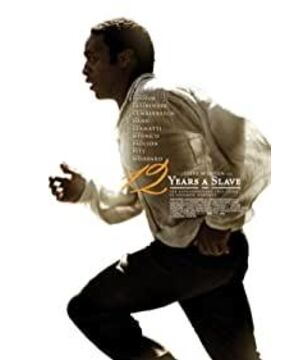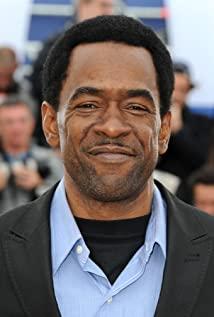This is also a story about belated fairness and justice. In the end, after a hellish life, Solomon returned to his family, but he was no longer the boy with a simple and complacent expression.
Whenever I see such movies and books, I think of floating. Yes, I like this book very much. This book also talked about slavery and the Civil War. There are also many places that inspire me, but at the time I felt that some places were unreasonable. For example, the support for slavery, the negative sentiment towards the Civil War, even expressed the slave's own approval of slavery.
I think, no matter what, freedom is the most wonderful thing in this world.
View more about 12 Years a Slave reviews











